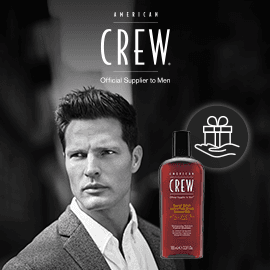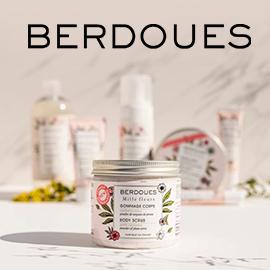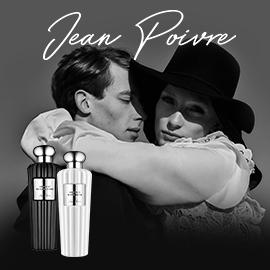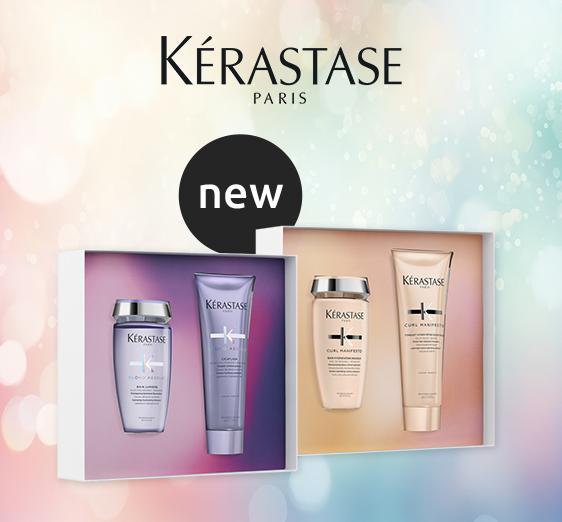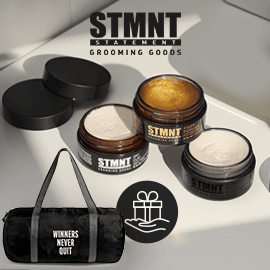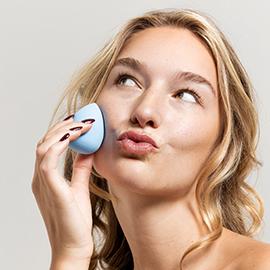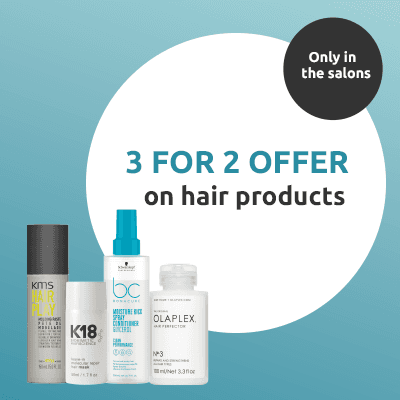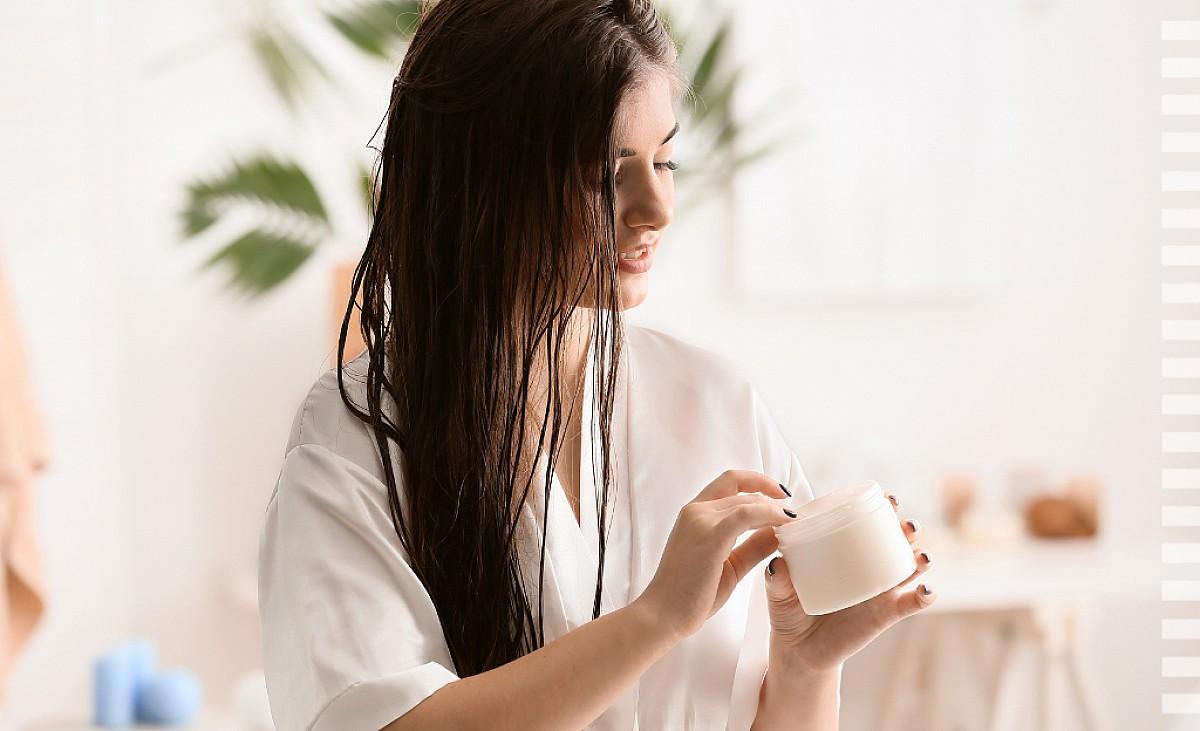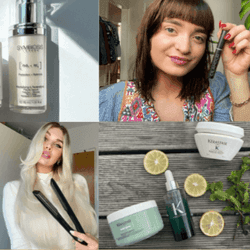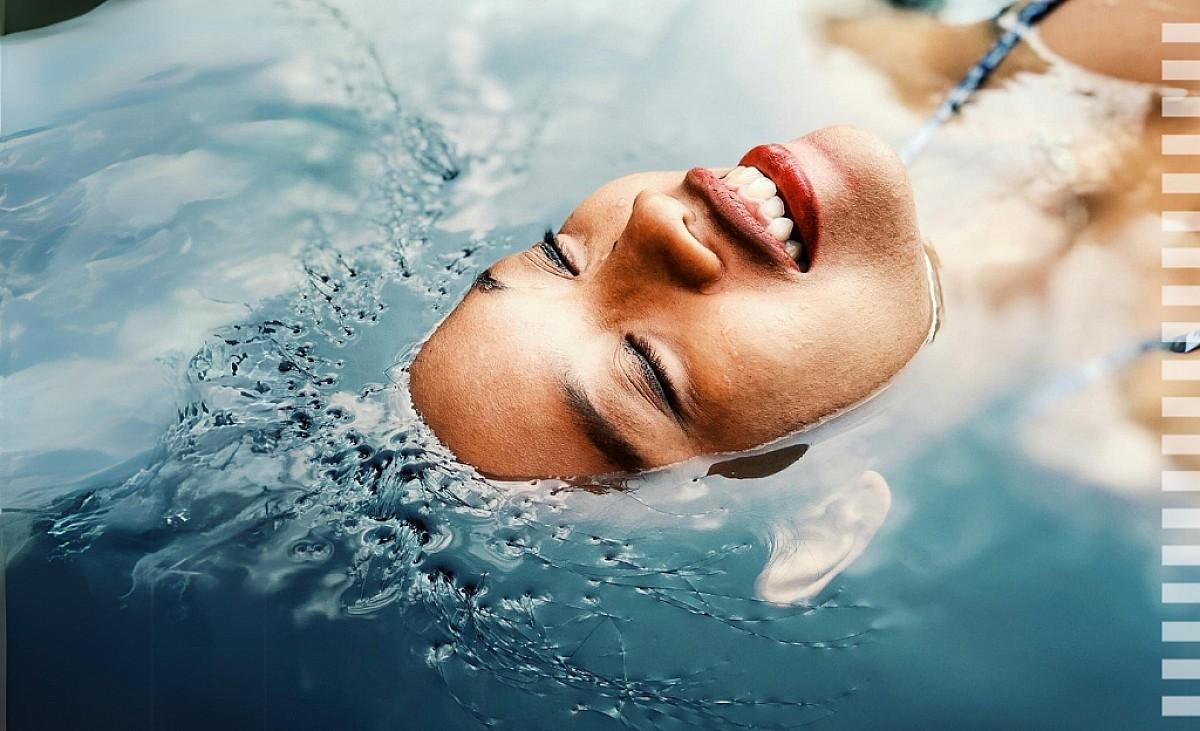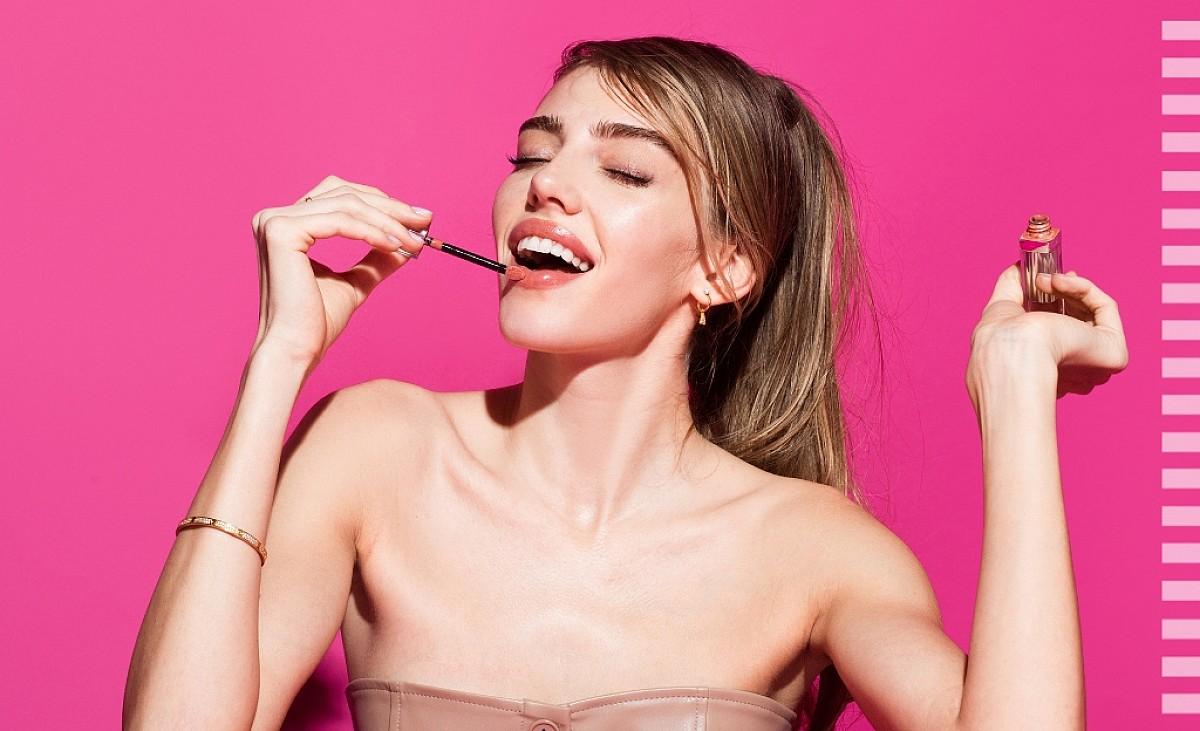Silicones - an ingredient that raises many question marks. Known as the softener for hair, silicone is found in many shampoos, conditioners, and masks. However, in recent times, silicone has repeatedly come under suspicion of being bad for the hair. But how harmful are silicones really? We dispel myths and answer all questions about the topic of silicone.
What are silicones exactly?
Silicones in hair care products originate from the natural element silica, which is obtained from sand. However, before silicones end up in our hair products, they undergo a series of complex chemical processes. These processes aim to alter their properties and make them suitable for use in hair care products. There is a wide range of silicones, and not all are as harmful as their reputation might suggest. In fact, some silicones offer benefits to the hair, while others are considered problematic.
What do silicones do?
Hair care products with silicones coat the hair with a protective film that acts like a shield around the outermost layer of hair. Due to their large molecule content, they have a very sealing effect. So, when you use a silicone-containing product, it doesn't penetrate the hair fiber; instead, it encases the hair with an additional protective layer. By enveloping the hair, they create a barrier that prevents the penetration of moisture or pollutants from the outside.
It's important to understand that when silicones are used in hair care products, they usually don't deeply penetrate the hair fiber. Instead, they remain on the surface, providing an additional protective layer that makes the hair look smooth and shiny. This layer can help protect the hair from damage caused by heat, UV rays, environmental pollution, and other external influences.
By enveloping the hair, silicones can also help reduce split ends and hair breakage by smoothing the outer layer, making the hair easier to comb. This can make the hair appear healthier and feel softer.
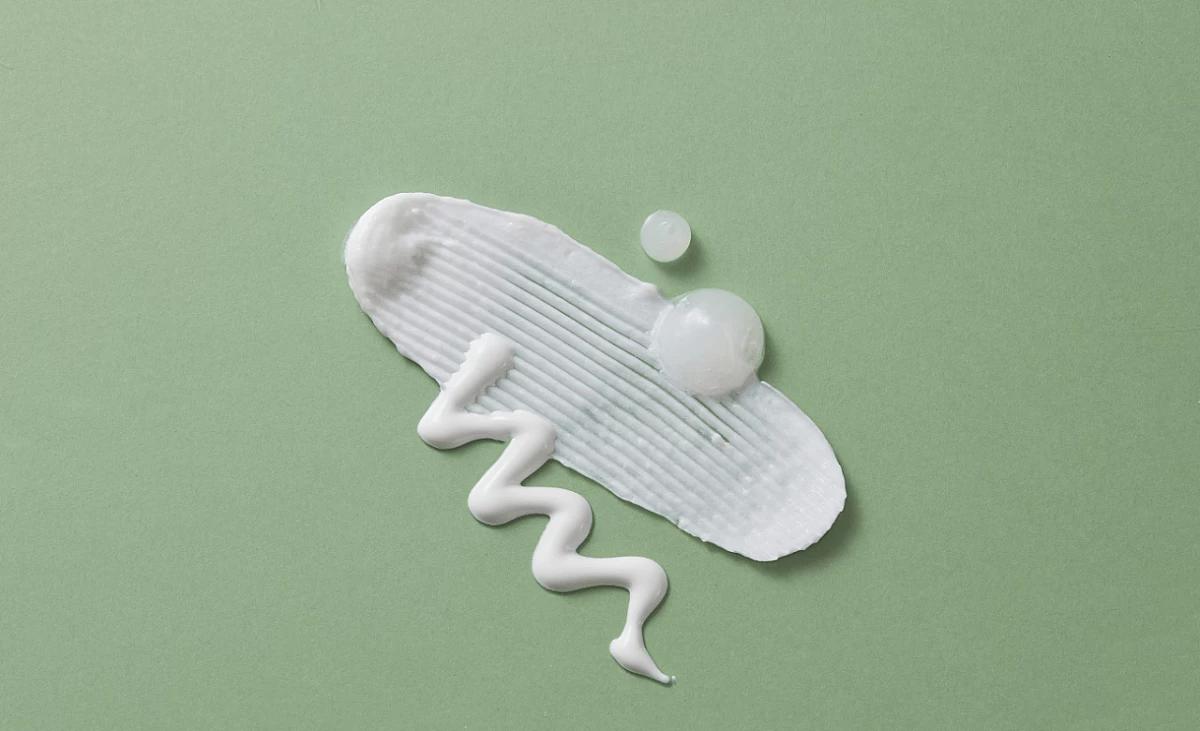
Two types of silicones
In the beauty and hair industry, there are two different types of silicones often referred to as expensive and inexpensive silicones.
- The "expensive" silicones are used in brands exclusive to hairstylists, such as Kérastase, Paul Mitchell, or Goldwell. These so-called "expensive" silicones do not cling as tightly to the hair but still make it smooth. Because they rinse out more easily and do not build up on the hair, the hair stays beautiful longer and becomes less oily over time.
- "Bad" silicones are often found in non-hairdresser products. The price difference between a hairdresser-exclusive shampoo and one from the supermarket is, among other things, due to the silicones used. "Cheap" shampoos tend to use cheaper silicones. In contrast, in a more expensive shampoo, the quality of the ingredients, including silicones, tends to be higher. They coat the hair and seal it. A downside to these silicones is that they cannot be completely washed out. As a result, the hair becomes oilier faster. To remove these "cheap" silicones from the hair, a deep-cleansing shampoo is necessary.
Where does the bad reputation of silicones come from?
The fact that silicones smooth and seal the hair structure has not only positive aspects.
The hair is so well protected from environmental influences that even moisture or air can no longer penetrate the hair's interior. This can lead to the hair drying out over time, making it brittle.
Some types of silicones are not easily washed out of the hair. These are water-soluble and non-water-soluble silicones, often also referred to as expensive/good or cheap/bad silicones. During hair washing, care products no longer penetrate the hair's interior, resulting in a so-called "build-up" effect: layer by layer, silicones and other care products accumulate on the hair's surface, unable to reach the hair's interior. The hair becomes weighted down, loses volume, and becomes limp. Another disadvantage is that the hair can no longer absorb hair color. A clear advantage of hair care products with silicones is that high-quality, washable silicones provide shine, smoothness, and good combability to the hair.
Our favourite shampoos with silicones:
Conditioners and masks that contain silicones:
What can I do to remove all silicone residues from the hair?
Deep-cleansing shampoos are the solution! Such a shampoo cleans the hair of all possible silicones and residues. It is also suitable, for example, for preparing the hair for a new product line or brand. To allow the hair to absorb the new ingredients, it needs to "breathe" again. A deep-cleansing shampoo is not used for regular or even daily use but rather to periodically rid the hair of all residues from silicone-containing care products.
How does the hair behave after such a shampoo?
The hair feels roughened and may seem straw-like. However, this is simply because this so-called "protective coating" around each hair will be removed. Consequently, it can better absorb the same or new care products. Your hair is ready for healthy care that provides shine, volume, and strength! By the way, these shampoos are always silicone-free!
Alternative option - silicone-free shampoos!
However, for those who prefer a shampoo without silicones or silicone-free care, there is an equally large selection of silicone-free products that cater to all needs. Especially with a conditioner, which always creates a protective coating around the hair, it is important to understand the differences.
Good reasons for silicone-free care
- Sustainability: This type of hair care is water-soluble and biodegradable. This means that no artificial particles - for example, through drainage - enter our environment.
- No drying out: Since silicone-free care does not create a protective coating around the hair, moisture and care can actually be absorbed.
- Lightness: Care does not adhere to the surface and therefore cannot weigh down individual hair.
- Healthy scalp: Some silicones can accumulate on the scalp, hindering its natural renewal.
- Long-lasting health: The hair is not burdened and can breathe better.
Reasons against silicone-free care
- The transition takes a long time and requires a lot of patience.
- Shine and smoothness are lost or minimized.
- Strong and thick hair can become porous and may seem "straw-like."
Our favorite silicone-free shampoos:
Silicone-free conditioners that inspire:
If silicone-containing shampoos are not for you and you want to learn more about shampoos without silicones and their benefits, we have compiled everything you need to know about silicone-free shampoos and which products suit different hair types.
Our recommendation
No reviews available

